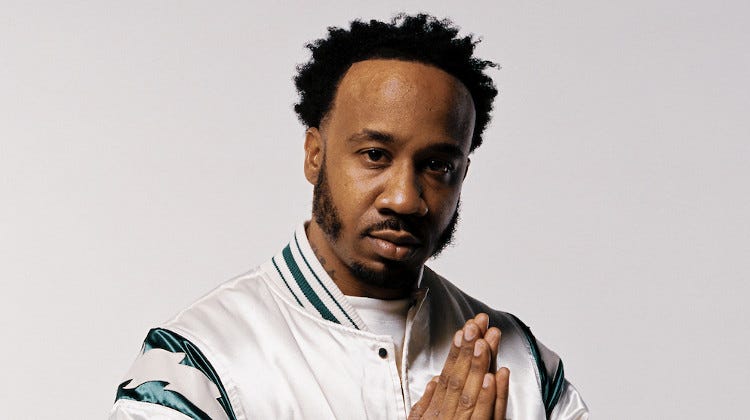BENNY THE BUTCHER AND THE ILLUSION OF “STREET CONTROL”
WHY HIP-HOP’S EVOLUTION ISN’T A DECLINE
When Benny the Butcher went on camera saying “the streets don’t run hip-hop anymore,” it sounded less like an observation and more like frustration. He blamed “Twitter nerds” and outsiders for diluting the culture, suggesting that when the streets lose control, hip-hop loses its soul. But that idea collapses under closer inspection. Hip-hop isn’t collapsing. It’s evolving.
THE STREETS NEVER RAN HIP-HOP
The streets influenced hip-hop, but they never owned it. The slang, the fashion, the attitude, all of that came from the block, but the business, infrastructure, and power were always elsewhere. The same people who came from those streets eventually realized that control doesn’t come from intimidation. It comes from ownership. Master P, Jay-Z, and others became moguls not by holding onto the corner, but by outgrowing it.
What some artists call losing the streets is really the genre moving beyond them. It’s hip-hop doing what it has always done, evolve.
HIP-HOP GREW UP. SO DID ITS AUDIENCE.
The generation that once lived for mixtape drops now lives for stability. They have kids, mortgages, and deadlines. Their ops are bills and responsibilities. They still love the music, but not the street politics behind it. The energy that once came from the corners now shows up in boardrooms, wellness retreats, and investments.
Artists like Nas, Styles P, and Havoc found peace by maturing their sound instead of trying to reclaim a past that doesn’t exist anymore. They proved that growth and authenticity can coexist.
SOCIAL MEDIA IS THE NEW BLOCK
The same online culture being criticized is what built many of today’s underground stars. Platforms like Twitter, YouTube, and Reddit gave overlooked regions visibility. They became the new street corners, places where culture is debated, built, and distributed in real time.
Without the so-called nerds, many independent movements wouldn’t have reached the masses. The new hustle is digital. The new word of mouth is viral. Ignoring that is ignoring the new reality of the game.
EVOLUTION IS NOT SOFTNESS
What some call softness in modern hip-hop is actually maturity. The artists who last the longest are the ones who accept change, not fight it. The tough talk about street control often hides frustration over relevance. Many of the people longing for that old dominance never experienced it firsthand. The era they’re nostalgic for was already fading before they even entered the scene.
Hip-hop’s heroes today are not those who cling to the past, but those who adapt to the moment, people who treat creativity like an evolving discipline instead of a frozen identity.
OWNERSHIP OVER CONTROL
The question was never “Who runs the game?” The real question is “Who owns it?” The fixation on control has distracted generations from real power, publishing rights, catalog ownership, brand independence. While some artists debate who’s real, others are buying back their masters and building empires.
The streets can inspire art, but they can’t sustain it forever. Real longevity comes from vision, not validation.
THE BOTTOM LINE
Hip-hop isn’t dying. It’s growing. The stage is bigger, the audience is older, and the rules have changed. The microphone is still in the streets, it’s just connected to Wi-Fi.
The game doesn’t need to be run by anyone. It needs to be understood, evolved, and owned.


